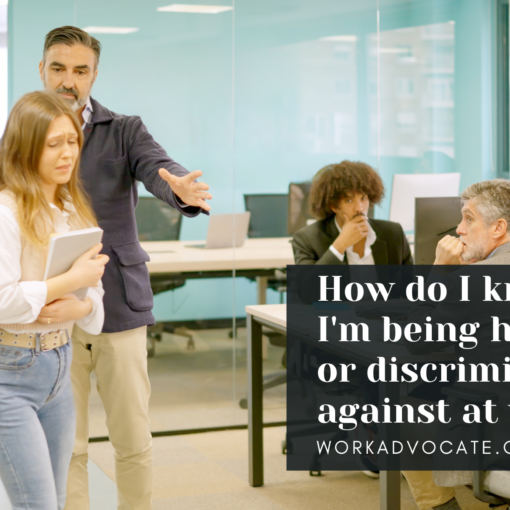
In the digital age, where smartphones and recording devices are readily available, many employees wonder if they can record conversations at work or take photos as evidence of workplace harassment.
However, the legality and ethical considerations surrounding these actions can be complex.
This post will provide you with a comprehensive overview of the laws, best practices, and potential risks involved in recording workplace interactions.*
The Legality of Recording Conversations:
- One-Party Consent States: In most U.S. states, it’s legal to record a conversation if you are a participant and you have consented to the recording. This means you can record a conversation with your harasser without their knowledge or consent.
- Two-Party Consent States: In a few states (California, Connecticut, Florida, Illinois, Maryland, Massachusetts, Montana, New Hampshire, Pennsylvania, and Washington), all parties involved in a conversation must consent to the recording. Recording without the other party’s knowledge is illegal in these states.
- Workplace Policies: Even in one-party consent states, your company may have policies prohibiting recordings in the workplace. Review your employee handbook or consult with HR to understand your company’s rules.
Ethical Considerations:
Even if recording is legal, there are ethical considerations to weigh:
- Privacy: Recording someone without their knowledge can be considered a violation of their privacy, even if it’s legal.
- Trust: Secretly recording your colleagues or supervisors can erode trust and damage working relationships.
- Professionalism: Recording can be seen as unprofessional and may reflect poorly on you.
Best Practices for Recording Conversations:
- Consult an Attorney: If you’re considering recording conversations as evidence of harassment, consult with an attorney to understand the laws in your state and the potential risks involved.
- Disclose the Recording: If possible, inform the other party that you are recording the conversation. This can avoid legal complications and ethical concerns.
- Focus on Relevant Information: Don’t record personal conversations or irrelevant information. Focus on capturing the specific words or actions that constitute harassment.
- Store Recordings Securely: Protect your recordings from unauthorized access or tampering.
- Use Discretion: Consider whether recording is truly necessary and whether there are other ways to document the harassment.
Alternative Ways to Document Harassment:
- Keep a detailed journal: Record incidents immediately after they occur, including dates, times, specific details, and witnesses.
- Save emails and text messages: These can provide valuable evidence of harassment.
- Talk to witnesses: Ask if they would be willing to corroborate your account of the incident.
Action: If you need guidance on documenting workplace harassment, download our guide The Hostile Workplace Defender .
Conclusion:
Recording conversations at work can be a valuable tool in documenting harassment, but it’s important to proceed with caution. Understand the laws in your state, consider the ethical implications, and weigh the potential risks and benefits. Remember, there are other ways to document harassment if recording is not feasible or appropriate.
Related Posts:




